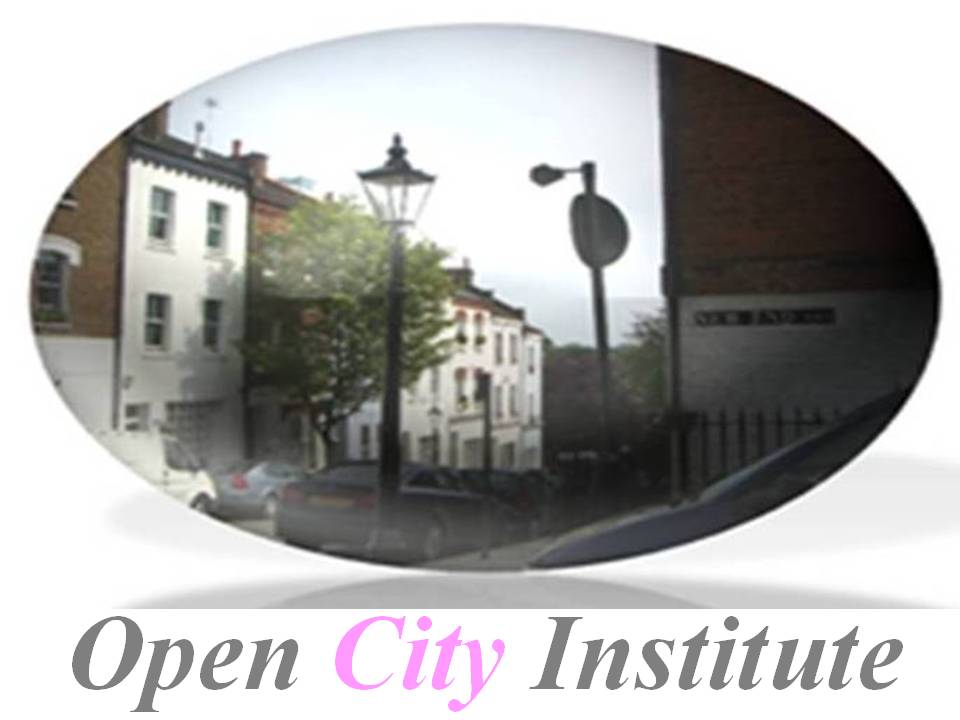

| Home |
 |  |
|
|
| Imagine your unlimited creativity |
Change Password, |
|
CCS Dash Board |
Section:STAa2 Life Events Select Other Sections |
 |
Category:STAa26 Retirement Select Other Categories |
 |
Forum: |
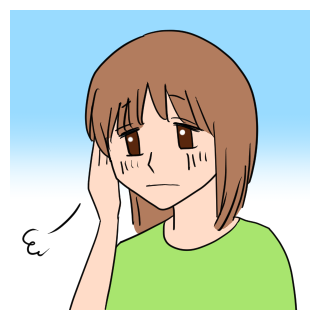 illustrated by Kilkenny |
Depressed / Unstable Mood(MEN6) Sometimes I am/was in an unstable mood and often depressed | ||
| A. CCS_Results | |||
| Service1: Depressed/Unstable Mood, 1_Graf_Prev2021 | |||
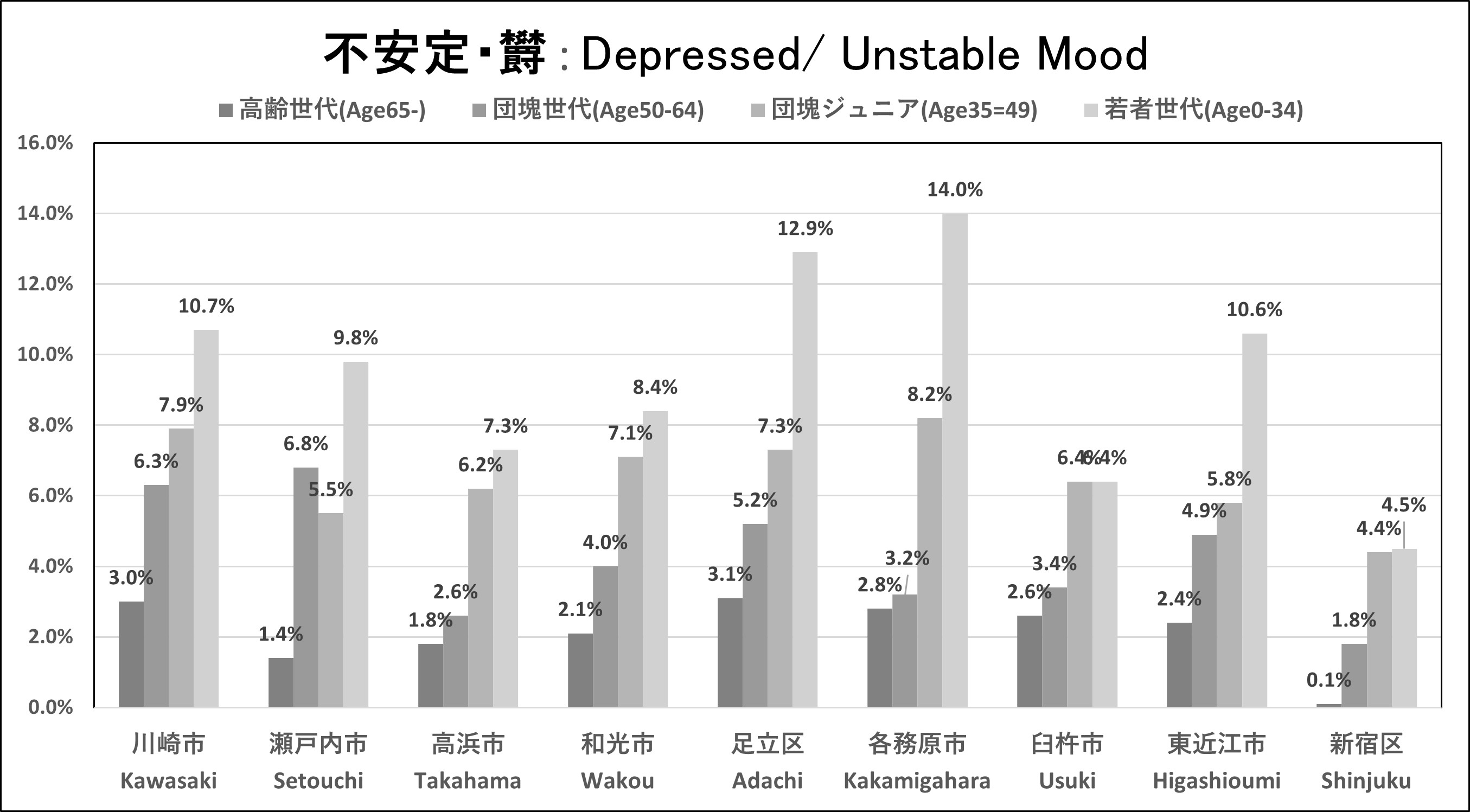 M.Kusakabe, Community Carte Survey of 9cities 2010-2016 | |||
| Service1: Depressed/Unstable Mood, 2_Consequences | |||
M.Kusakabe, Community Carte Survey of 9cities 2010-2016 | |||
| Service1: Depressed/Unstable Mood, 3_Causes | |||
M.Kusakabe, Community Carte Survey of 9cities 2010-2016 | |||
| Service1: Depressed/Unstable Mood, 4_Resilience | |||
M.Kusakabe, Community Carte Survey of 9cities 2010-2016 | |||
| Service1: Depressed/Unstable Mood, 5_Conseq_Risks_Gen | |||
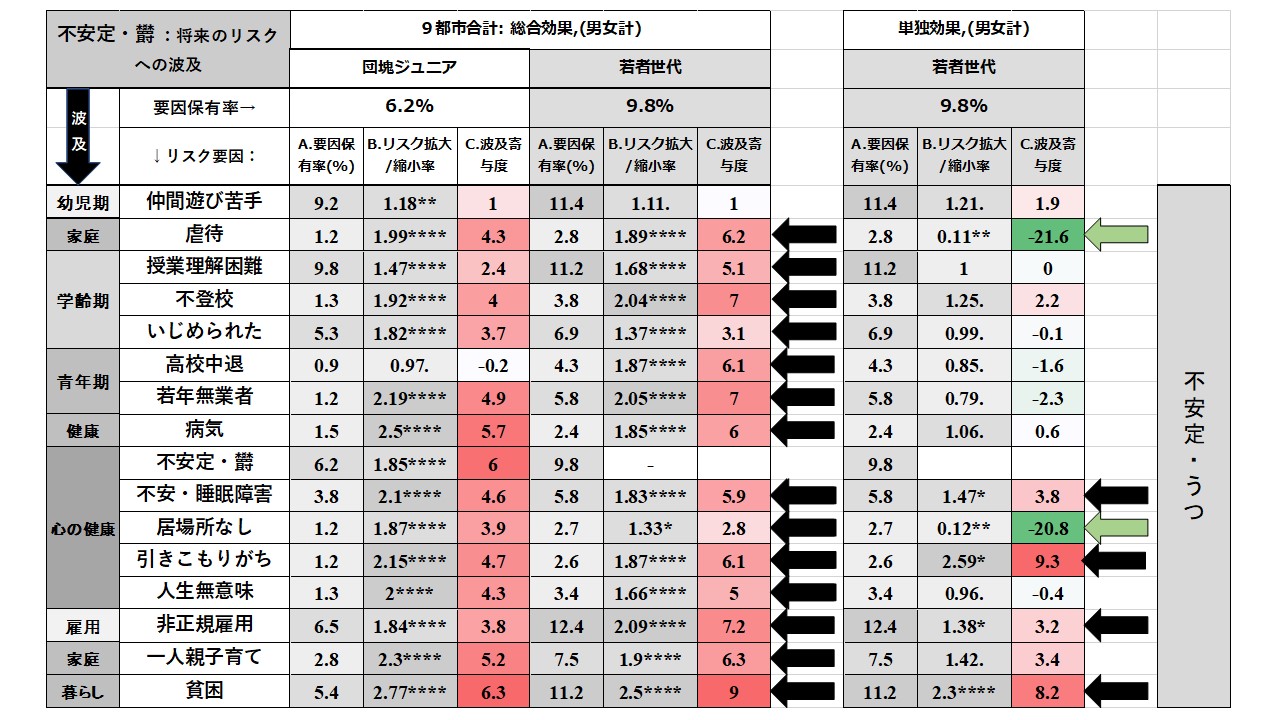 M.Kusakabe, Community Carte Survey of 9cities 2010-2016 | |||
| Service1: Depressed/Unstable Mood, 6_Conseq_Res_Gen | |||
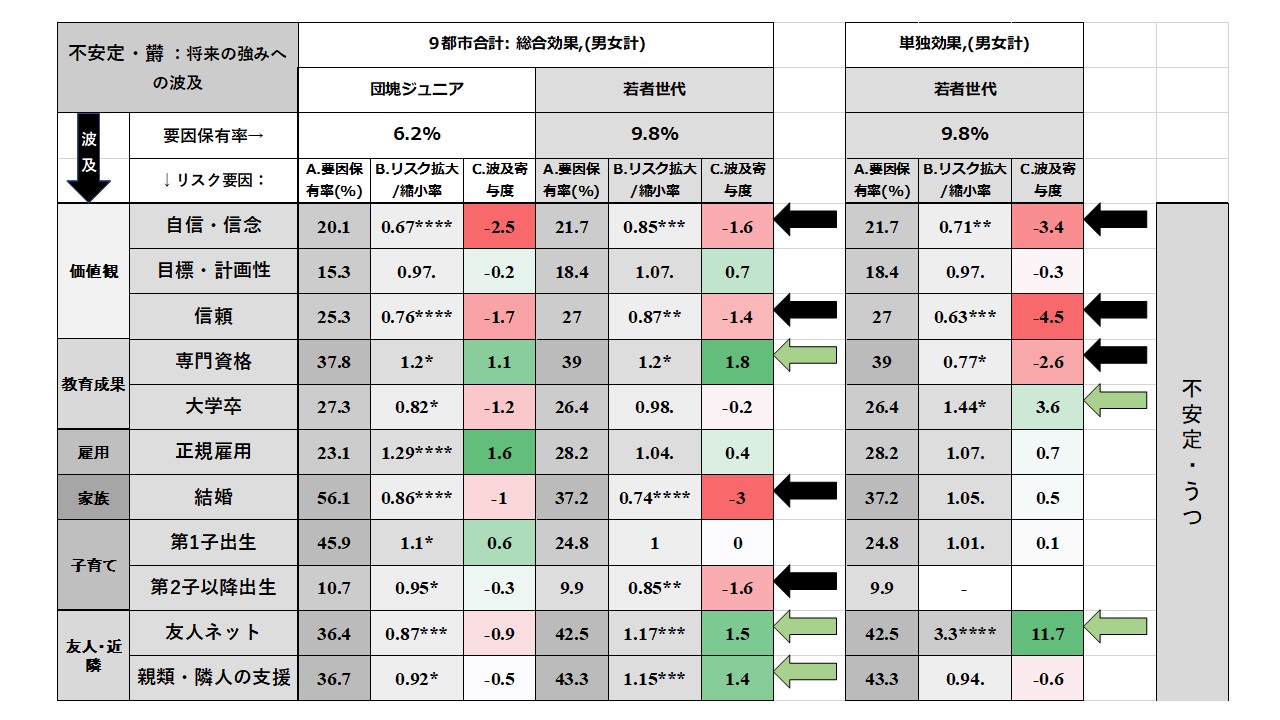 M.Kusakabe, Community Carte Survey of 9cities 2010-2016 | |||
| Service1: Depressed/Unstable Mood, 7_Causes_Gen | |||
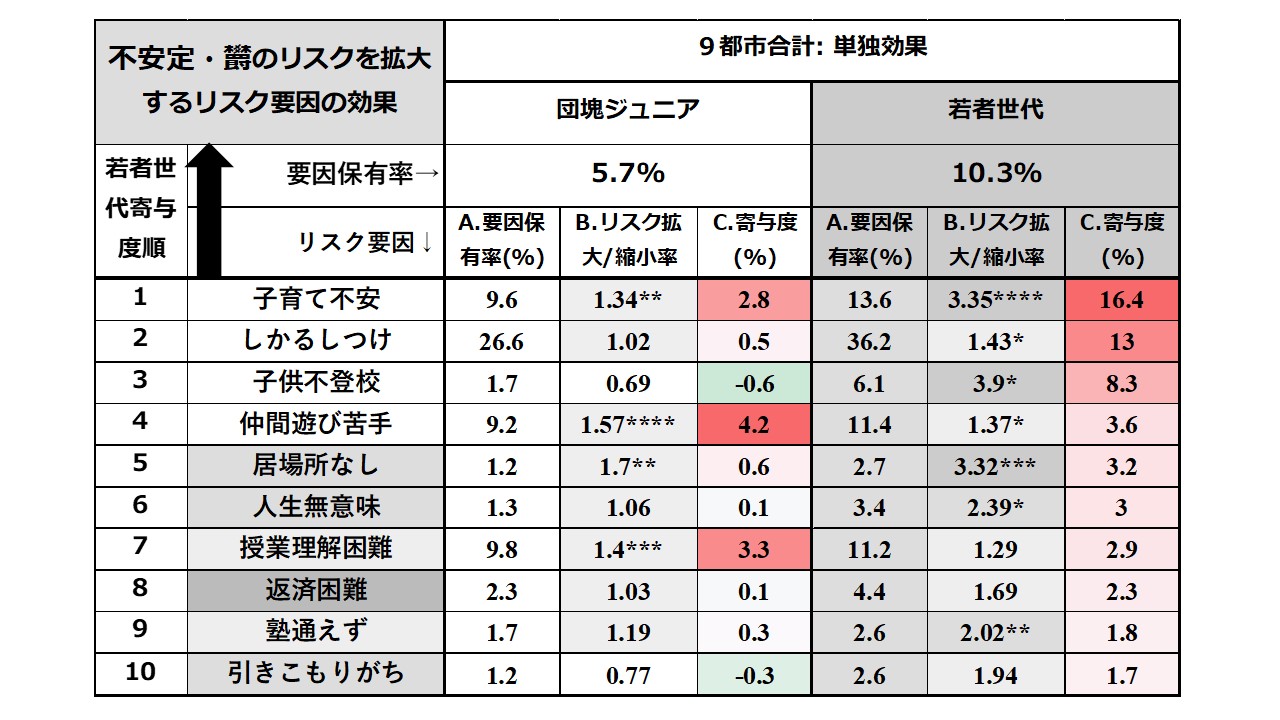 M.Kusakabe, Community Carte Survey of 9cities 2010-2016 | |||
| Service1: Depressed/Unstable Mood, 8_Resilience_Gen | |||
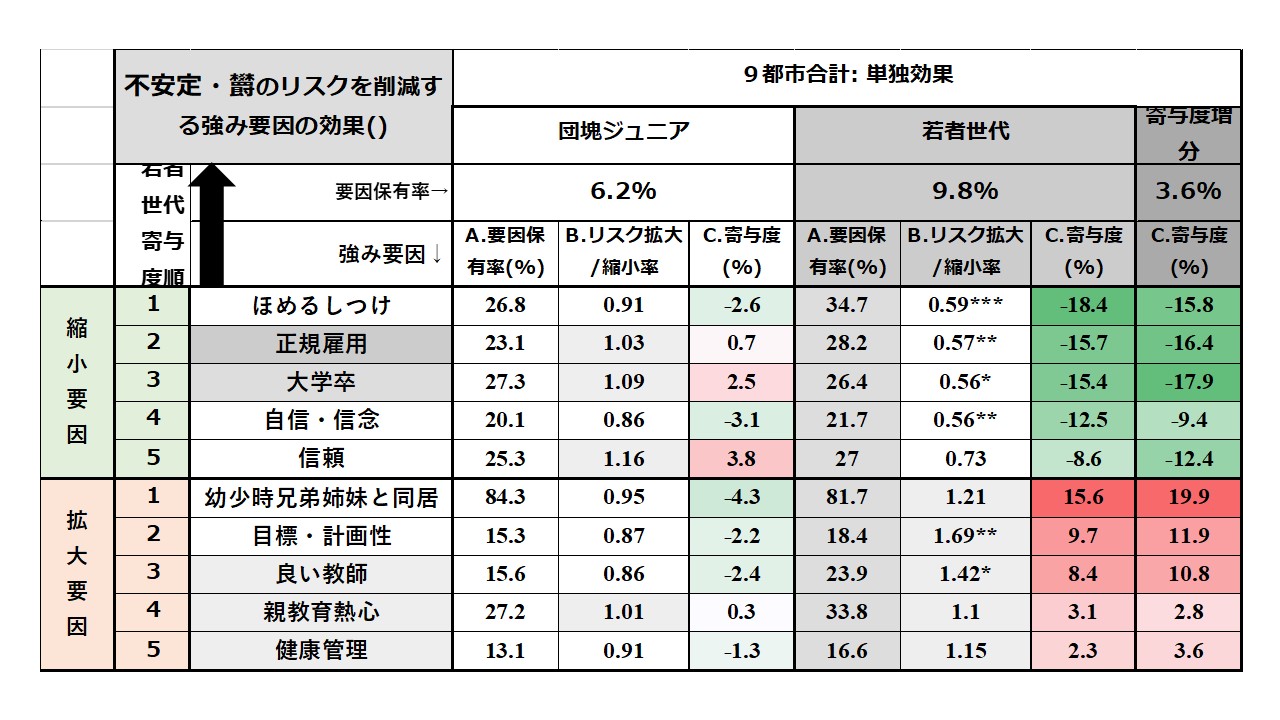 M.Kusakabe, Community Carte Survey of 9cities 2010-2016 | |||
| Service1: Depressed/Unstable Mood, 9_Contribution_to_Risks | |||
| Service1: Depressed/Unstable Mood, 10_Contribution to_Res | |||
| Service1: Depressed/Unstable Mood, 11_Service_Impact | ||
M.Kusakabe, Community Carte Survey of 9cities 2010-2016 | ||
| B. Basic Facts | |||
| : Depressed/Unstable Mood, | |||
| See Details |
眠れない、食欲がない、一日中気分が落ち込んでいる、何をしても楽しめないといったことが続いている場合、うつ病の可能性があります。うつ病は、精神的ストレスや身体的ストレスが重なることなど、様々な理由から脳の機能障害が起きている状態です。脳がうまく働いてくれないので、ものの見方が否定的になり、自分がダメな人間だと感じてしまいます。そのため普段なら乗り越えられるストレスも、よりつらく感じられるという、悪循環が起きてきます。
薬による治療とあわせて、認知行動療法をはじめとする心理療法も、うつ病に効果が高いことがわかってきています。早めに治療を始めるほど、回復も早いといわれていますので、無理せず早めに専門機関に相談すること、そして必要な場合にはゆっくり休養をとることも大切です。 More Info(contributed by ) |
M.Kusakabe, Hampstead in April London | |
| : Depressed/Unstable Mood, | |||
| See Details |
うつ病とは、正確には「大うつ病」という診断名の精神病で、世界的に使われているアメリカ精神学会の診断基準DSM-IVでは、抑うつ的な気分、又は興味・喜びの消失の少なくともどちらかが2週間以上続いており、これらの中核症状に加え、食欲がなくて体重が減った、不眠、じっとしていられない、あるいは動作がゆっくりになってしまう、疲れやすいといった4つの身体症状、及び自分を責める、集中できない、死にたくなる、などの3つの精神症状のうち、5つ以上が2週間以上続いているかにより判断される、 その他、この症状によって生活に影響が出ていること、一時的な出来事に対する反応ではないこと、他の精神疾患や薬の副作用ではないことなどの基準を満たしている場合に、「大うつ病エピソード」と診断される。 More Info(contributed by ) |
M.Kusakabe, Hampstead in April London | |
| : Depressed/Unstable Mood, | |||
| See Details |
うつ病患者の復職を促進するのに、医療機関だけでは限界がある。職場としてはどのように取り組めばよいだろうか? More Info(contributed by motoo_sjk) |
M.Kusakabe, Hampstead in April London | |
| : Depressed/Unstable Mood, | |||
| See Details |
出産後に気分が沈んだり、育児への意欲を失ったりする「産後鬱病」が知られるようになってきた。身近な存在として、何が出来るのか、夫の戸惑いは大きい。妻を支えようと奮闘する夫たち自身も時に孤立しがちで、彼らを支援する講座など取組みが広がっている。 More Info(contributed by mkusakabe) |
M.Kusakabe, Hampstead in April London | |
| : Depressed/Unstable Mood, | ||
| See Details |
職場での心の不調を訴える人が増えている。中でもうつ病は患者数が70万人を超え、身近な病気となりつつある。うつ病はきちんと治療すれば治る病気だが、早期の発見や仕事への復帰など体の病気と違う注意点がある。自分や同僚が発症した場合に知っておきたい注意点をまとめた。 More Info(contributed by ) |
M.Kusakabe, Hampstead in April London |
| C. Services | |||
| Service1: Support for Mental Illness, | 精神保健福祉センタ-は、「精神保健の向上及び精神障害者の福祉の増進を図るため」に設置された相談
機関で各県、政令市には、ほぼ一箇所ずつ設置されています。当事者活動の支援や組織化の手伝い、精神保健福祉に関する相談の窓口を持つ公の相談機関です。 精神科医、臨床心理技術者、精神科ソーシャルワーカー、作業療法士、保健師、看護師などの専門職が配置されています。相談については、予約制、健康保険の適応があるところが殆どです。詳細は、それぞれのセンターにお問い合わせ下さい。 当事者活動やセルフヘルプ・グループについての情報を持っているセンターもあります。 問題を抱える当事者やご家族が相談できる身近な相談機関です。 See Details | M.Kusakabe, Hampstead in April London | |
| Service2: Support for Mental Illness, | 産後数カ月して発症する産後鬱病に関する対策は、医師への相談、行政サービスの利用、日本助産師会のプログラム、及び、NPO houjinnno 主催する講座等、多数ある。 See Details | M.Kusakabe, Hampstead in April London |
| D. Self_Help_Solutions |